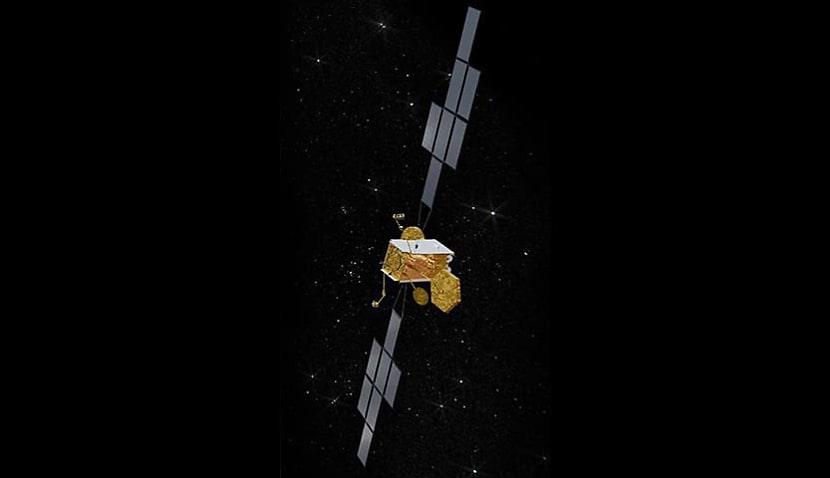
Commencing in March, the six-year contract is currently valued at over £400 million. It forms part of the £6 billion Skynet 6 program.
Under the partnership, Babcock is partnering with SES, GovSat, and Intelsat on the Skynet Service Delivery Wrap, which oversees the UK’s military satellites and ground stations as well as ensuring their continued integration into the Defence network.
According to Babcock, the Skynet constellation has been in operation since the 1960s with the sixth-generation satellite scheduled for launch in 2025.
“We are delighted to have been chosen to support this world-leading technological safeguard. Skynet enables vital communications to the UK Armed Forces wherever they are, helping to keep them safe,” David Lockwood, chief executive officer for Babcock, said.
“Babcock is a world leader in secure communications for the military. Together with our partners, we will provide a high-tech solution which combines the availability, affordability, and capability that the UK needs.”
Defence Procurement Minister Alex Chalk explained that the capability was provided a fundamental warfighting advantage.
“Space is increasingly important for maintaining battlefield advantage,” he explained.
“The UK’s next-generation military satellite communications system will keep us at the forefront of this critical domain and the work under this contract will bolster our resilience for years to come.”
Closer to home, just this week, Babcock Australasia and Israel Aerospace Industries signed a memorandum of understanding to explore remotely piloted aircraft solutions for Australian law enforcement, maritime surveillance, and disaster management applications.
Under the partnership, the two companies will execute local demonstrations of the IAI WanderB-VTOL and ThunderB-VTOL systems, hoping to prove the capabilities in front of state and federal government law enforcement agencies, emergency services, and national security agencies.
According to the companies, the VTOL family provides unique benefits for these applications, combining fixed-wing UAV with multi-copter capabilities. There are currently 250 units in use around the globe.
“This partnership with IAI is about bringing together solutions that are the best fit for our customers, integrating our rotary capabilities with RPAs to deliver the most effective and cost-efficient solutions,” Peter Newington, Babcock’s director of aviation and critical services, said.
“The addition of autonomous systems reduces operator workloads and augments existing capabilities with flexible, rapidly deployable, long-endurance assets for law enforcement, maritime surveillance, disaster management or environmental situational awareness.
“The platforms are readily configurable to provide appropriate sensors for the task at hand coupled with the ability to distribute video and other user critical data in near real time across end-user networks.
“Importantly, a key element of our offer to state and federal government agencies is that Babcock already holds a Remotely Piloted Aircraft Operator’s Certificate (ReOC) which will allow us to operate RPAs like the WanderB-VTOL and ThunderB-VTOL in Australia,” Newington said.
Receive the latest developments and updates on Australia’s space industry direct to your inbox. Subscribe today to Space Connect here.








